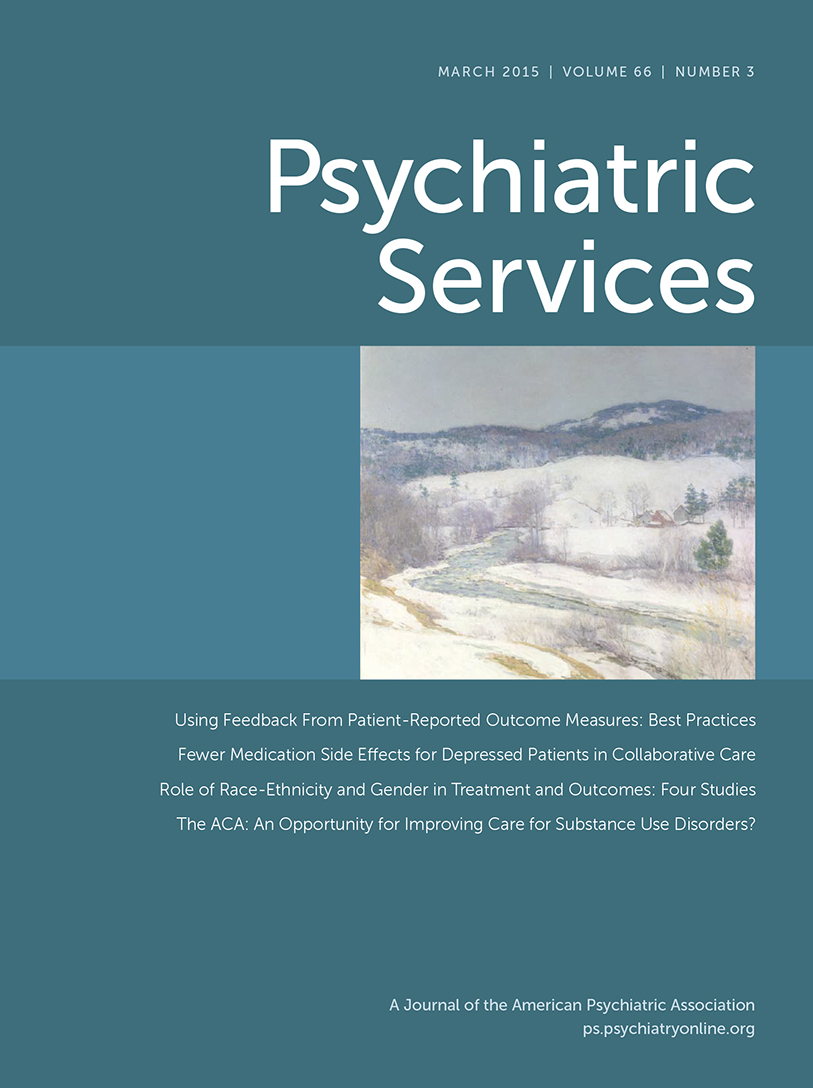Implementation of Smoking Cessation Treatment in VHA Substance Use Disorder Residential Treatment Programs
Abstract
Objectives:
Although the prevalence of tobacco use among individuals with substance use disorders remains high, smoking cessation (SC) has not been a focus of addiction treatment programs. Veterans Health Administration (VHA) policy requires tobacco use screening and the availability of evidence-based SC treatment in specialty care settings, including substance use disorder programs. As part of a larger quality improvement effort, this qualitative study examined how SC treatment is delivered in VHA substance use disorder residential treatment programs (SRTPs) and the barriers and opportunities for growth that exist within these settings.
Methods:
Twenty-five staff were interviewed across a sample of 15 SRTPs. Participants were asked to describe their knowledge and attitudes about SC treatment as well as organizational barriers and facilitators related to implementation of SC treatment in their programs. Content analysis was used to extract responses within and across programs.
Results:
Participants endorsed SC as a general goal and reported that SRTPs responded to patients who requested help. However, many programs did not emphasize SC as an important part of recovery from substance use disorders and did not document, reevaluate, or consistently address tobacco use.
Conclusions:
The results identified critical gaps in the provision of SC treatment in VHA SRTPs. These findings suggest actionable opportunities to improve SC treatment in SRTPs, including providing training opportunities, developing or enforcing policies that support SC, implementing systems to track and report tobacco-related diagnoses and treatment, and obtaining leadership support for building a culture that encourages SC.



